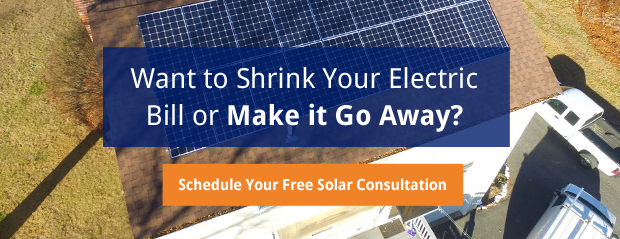
Federal and local governments have been working hard over the past several years to make solar energy more affordable for homeowners. By heavily promoting solar power, the government has encouraged competition and technological innovation, reducing the cost of solar for consumers. Since the investment tax credit was first offered in 2006, annual solar installation has grown by over 1600%. In this blog, we’ll explain what this tax credit entails and how you can take advantage of the credit before it’s too late.
Solar Investment Tax Credit (ITC)
The Solar Investment Tax Credit is a 30% federal tax credit for brand new solar panel systems on residential and commercial properties. If you’re a business that chooses to go solar, the company that installs or finances the project uses the tax credit. Homeowners, on the other hand, apply the credit to their income taxes. If you’re looking to take advantage of this tax credit opportunity, you must be purchasing a new solar panel system. This tax credit does not apply to solar leases or existing solar systems that have already installed on your home.
Rising Energy Costs
The cost of electricity is increasing at an unprecedented rate. In fact, researchers in Boston found that between 2013 and 2014, electricity costs increased for Bostonian homeowners by 35%. Massachusetts energy prices were already 39% higher than the national average in 2014. On top of that, National Grid customers saw their electricity bill jump 20% in November 2015.
Why is solar a saving grace? On average, a Massachusetts homeowner saves $13,719 on utility bills by owning solar panels. That’s in addition to the money you’d save in taxes and earn with SRECs. Not only do solar panels save you money, but they can also make you money. Potential homebuyers view solar panels as an asset and are willing to pay a $15,000 premium to get their hands on a home with an alternative energy source.
The Time is Now
If you’ve been toying around with the idea of going solar for a while now, it’s time to put your plan into action. This tax credit expires December 31, 2016, and it’s unclear whether Congress will choose to extend it. If the government decides to extend the tax credit at the last minute, it would only postpone the expiration of the offer by one or two years. After December 31, 2016, the ITC credit will drop to 10% for commercial systems and completely disappear for residential solar panel systems.








